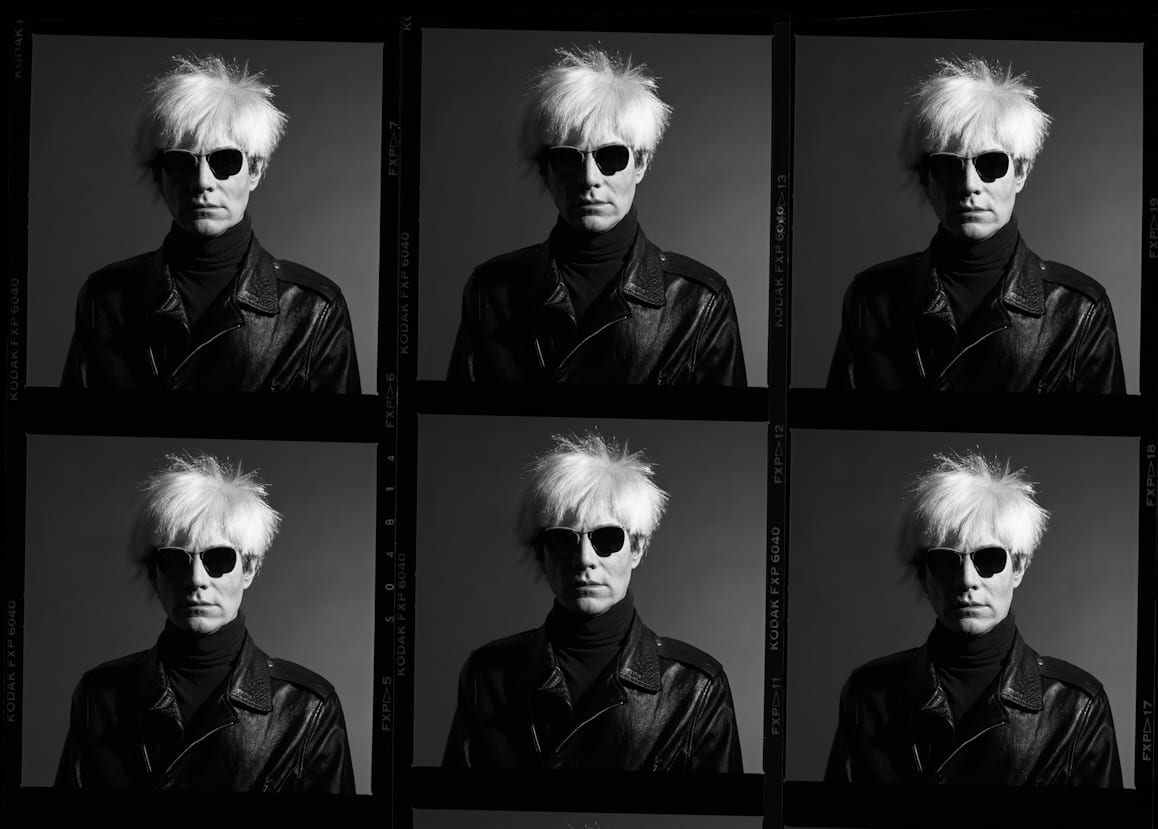Since 1963, eminent writers, critics and scholars have come to campus through this program endowed by the Faber family and members of the Class of 1915. Each literature department and program may propose one visitor each year.
The gift of Eberhard L. Faber IV is intended to support lectures, colloquia, workshops and discussions in the field of literature. We define “literature” broadly to include such topics as criticism, history, theory, and the relation of literature to society, technology, and the other arts. The Humanities Council especially welcomes proposals for innovative formats and events that might not readily be accommodated as regular departmental lectures.
Eligibility
Departments and programs eligible for Faber Lecture support are:
- American Studies
- Center for Digital Humanities
- Classics
- Comparative Literature
- East Asian Studies
- English
- European Cultural Studies
- Film Studies
- French and Italian
- Germanic Languages and Literatures
- Interdisciplinary Doctoral Program in the Humanities
- Italian Studies
- Judaic Studies
- Medieval Studies
- Near Eastern Studies
- Renaissance and Early Modern Studies
- Slavic Languages and Literatures
- Spanish and Portuguese
- Study of Late Antiquity
Guidelines
Applications are accepted from Department Chairs and Program Directors.
Applications will be accepted throughout the year and normally are submitted a full semester in advance (or at least 6 weeks prior to event). It is particularly important to check possible dates against the year-long Humanities Council Calendar of Events. The Council does not typically fund proposals that conflict with other related events.
The total contribution for an individual event may amount to $3,500, although not all events will require the full amount. An invitation to an early career scholar or a nearby guest would normally entail fewer expenses. Departments may supplement Faber grants with their own funds.
- Honorarium (typically $500 for early career scholars; average of $1,000 for senior scholars, maximum of $1,500 in special cases)
- Travel Costs (Economy fare transportation from home campus (or the last campus visited) to Princeton)
- Lodging
- Publicity Costs (posters and advertisements)
How to Apply
ApplicationIf you have questions regarding submitting this application, please contact Jane Chapman, Manager, Finance & Administration, jkchapman@princeton.edu.
Deadline
Before extending a formal invitation, applications will be accepted throughout the year and normally are submitted a full semester in advance (or at least 6 weeks prior to event)
Past Faber Lectures
2023-24 Lectures
- Markus Gabriel, University of Bonn: Confusion, Nonsense, and Consciousness: Poetry as a Source for a Novel Theory of Subjectivity.
- Londa Schiebinger, Stanford University: From “The Mind has No Sex?” to “Gendered Innovations”: A Historian’s Contribution to Enhancing Excellence in Science & Technology
- Wait Chee Dimock, Yale University: LLM Forum: A Conversation with Wai Chee Dimock
- Joan Copjec, Brown University: From the Cloud to the Resistance
- Jennifer Wilson, The New Yorker: Writing About Eastern Europe in Troubled Times
2022-23 Lectures
- Judith Butler, University of California Berkeley: Fury and Justice in the Humanities
- Esra Akcan, Cornell University: Partitions of Europe and Healing Spaces of Expulsion
- Walter Cohen, University of Michigan: 5000 Years of African Literature
- Jan Ziolkowski, Harvard University: Titivillus, From Yesterday’s Monks to Today’s Dungeons & Dragons
- Michele Lowrie, University of Chicago: “Securitas: Embodied Concept”
- Ruth Ozeki, Smith College: Leaping Clear of the Many and the One
- Maria Mavroudi, Berkeley University: The medieval transmission of ancient knowledge in colonial and post-colonial narratives: moving beyond them with help from the Greek and Arabic grammarians
2021-22 Lectures
- Brent Hayes Edwards, Columbia University: Clipping in and out of the Trenches: Black Radicalism and the Archive
- Joy James, Williams College: Agape of Peaches, Women Political Prisoners and Captive Materials
- Fred Donner, University of Chicago: The Changing Face of Early Islamic History
2020-21 Lectures
- Cameron Rowland, artist: Encumbrance
2019-20 Lecturers
- Branka Arsić, the Charles and Lynn Zhang Professor of English and Comparative Literature at Columbia University, gave a lecture on Coral Psyches: Melville on Minds and Islands.
2018-19 Lecturers
- Lauren Berlant, University of Chicago: Being in Life without Wanting the World: On Biopolitics and the Attachment to Life
- Peggy Phelan, Rutgers University: Contact Warhol: Photography without End
- Saidiya Hartman, Columbia University
- Francesca Trivellato, Brown University, The School of Historical Studies at the Institute for Advanced Study: Renaissance Florence and the Origins of Capitalism: From Burckhardt to the Digital Humanities
- Katherine Wilson, Author, actress and television commentator in Italy: Only in Naples
- John Duffy, Harvard University
- Page DuBois, UC Berkeley
- Liza Knapp, Columbia University: “Starry Skies, Awful Hieroglyphs and Eternal Silence: Philosophical Lyricism in Anna Karenina”
2017-18 Lecturers
- Verena Lepper, Staatliche Museen zu Berlin: The Neues Museum of the Berlin Museum Island – Highlights and recent discoveries from the Egyptian Papyrus Collection
- David Peterson, language creator: The Art of Language Invention
- Amy Richlin, UCLA: Blackface and Drag in Early Roman Comedy
2016-17 Lecturers
- John Matthews, Yale University: Lost Monuments of Fourth-Century Constantinople
- Barry McCrea, University of Notre Dame: Language Change and Social Class in the Novel – Proust, Ó Cadhain, Ferrante
- Francesco Erspamer, Harvard University: On Chivalric Science, Honor and duels
- Adam Michnik, editor-in-chief of the Polish daily newspaper, Gazeta Wyborcza: The Glory and Poverty of the ’68 Generation
- Valerio Ruiz, filmmaker/screenwriter: Behind the White Glasses
- Philippe Descola, Collège de France: Making Ontologies Visible: An Anthropological Perspective on Images
- Murray Smith, University of Kent: Putting Transparency in its Place
- Emily Greenwood, Yale University: Seeing Citizens: re-reading the ring of Gyges’ ancestor in Plato’s Republic
- Mary Favret, Johns Hopkins University: Coefficients of Disaster
2015-16 Lecturers
- Jon Whitman, Hebrew University: Encountering Scripture in Overlapping Cultures: Early Jewish, Christian and Muslim Strategies of Reading and Their Contemporary Implications
- Clare A. Lees, King’s College London: Life Classes From Anglo-Saxon England: Three Studies in the Self
- Alexander Zholkovsky, University of Southern California: “Who Organized the Standing Ovation?”: Stalin, Akhmatova, and Shakespeare
















